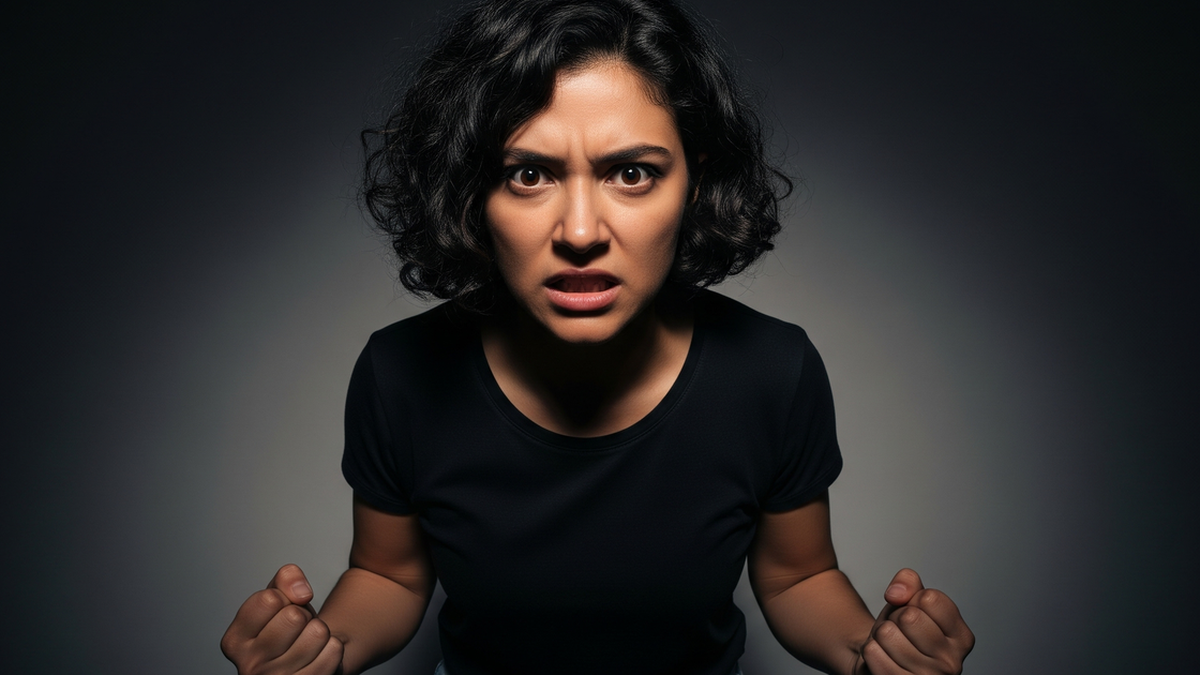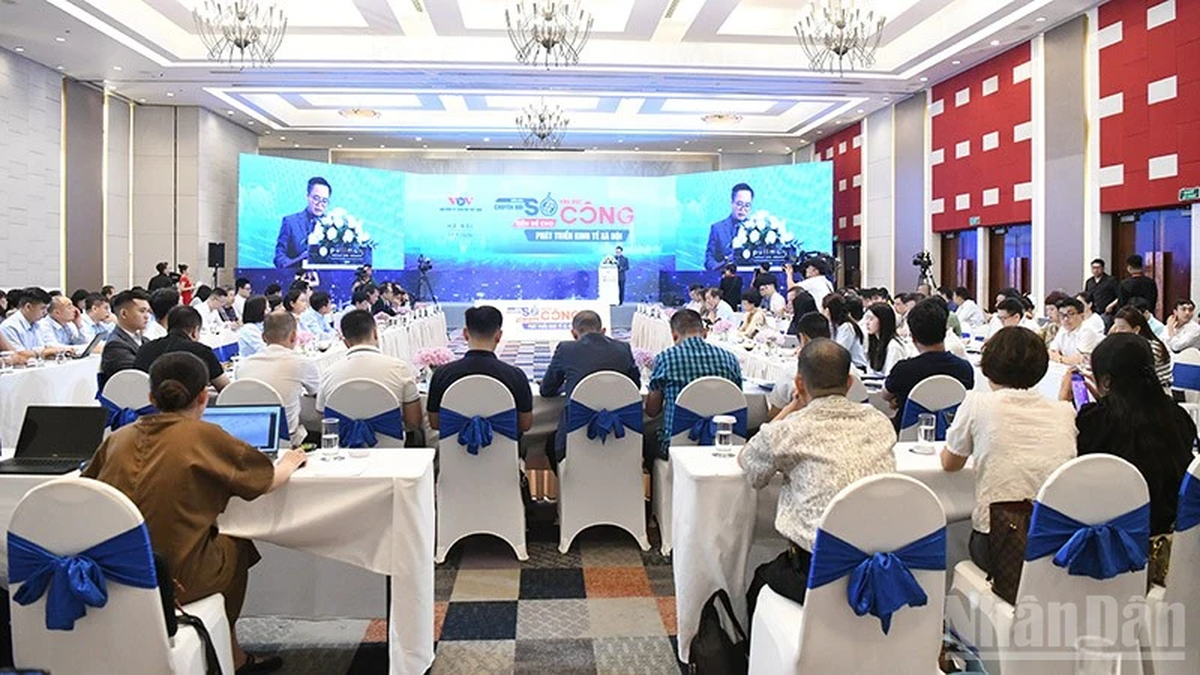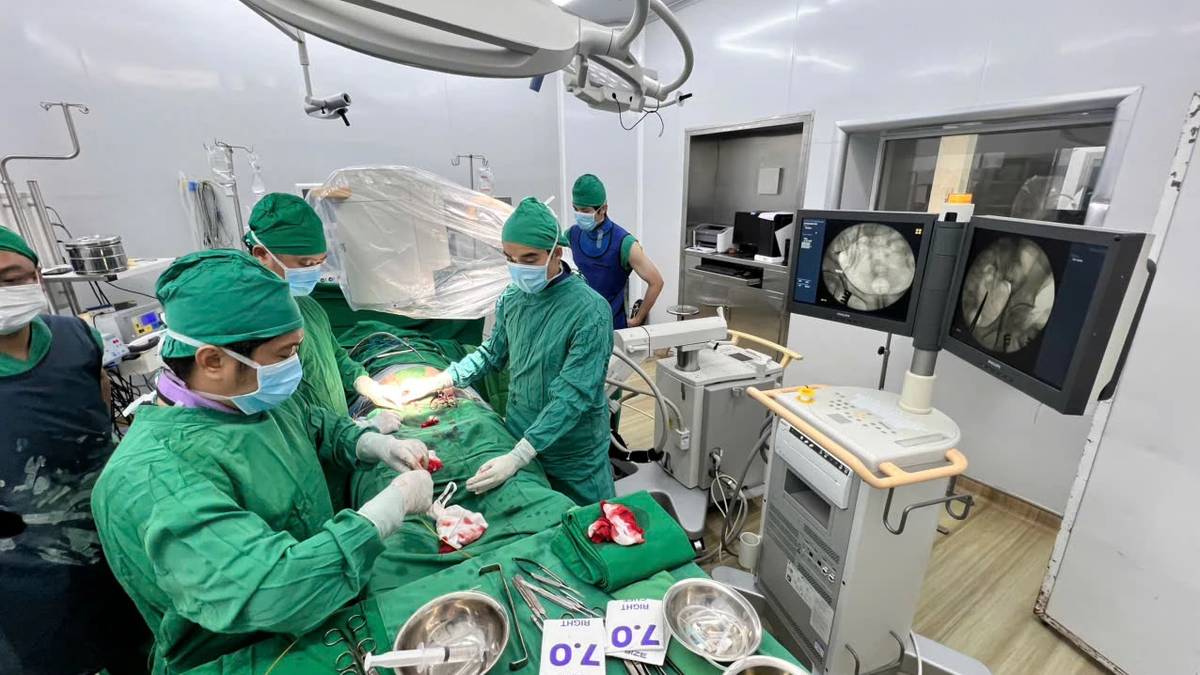
Climate change is affecting the Earth's rotation and the way humans keep track of time. (Source: Phys)
A study published in the journal Nature on March 27 said climate change is affecting the Earth's rotation and the way humans keep track of time.
Experts have long feared that introducing a leap second - which helps synchronize the Earth's motion with automatic clocks - into standard time could cause disruption to computer systems around the world .
Since 1972, 27 leap seconds have been cleverly added to the Universal Time Zone (UTC), with the most recent one in 2016.
In recent years, the Earth's rotation has been accelerating, outpacing standard time. To synchronize the two time measurements, scientists may have to insert the first negative leap second in history.
This is an unprecedented phenomenon, and poses a major challenge in ensuring that all parts of the global timekeeping are visible at the same time, according to study author Duncan Agnew from the University of California, San Diego.
According to him, if this happens, many computer programs that calculate time will have to be rewritten and add the concept of negative leap seconds.
Mr Agnew also looked at how the Earth's rotation affects how time is measured. He asserted that, without climate change, negative leap seconds may have to be added to UTC as soon as 2026.
However, new research shows that since 1990, ice melting in Greenland and Antarctica, as well as global warming, has slowed the Earth's rotation, delaying the need for a negative leap second until at least 2029.
The head of the International Organization of Weights and Measures Patrizia Tavella called this “really welcome news.” Adding leap seconds to UTC has previously caused problems for time measurement systems.
In 2022, experts involved in the field of time measurement agreed to eliminate the concept of leap seconds by 2035, instead expanding the allowable difference between the two ways of measuring time to one minute.
Mr Agnew agreed with the plan, saying that a deviation of more than a negative leap minute was highly unlikely.
He hopes that with his research, experts around the world can consider abolishing the leap second sooner, before the deadline of 2035./.
According to VNA
Source: https://www.vietnamplus.vn/bien-doi-khi-hau-anh-huong-den-do-luong-thoi-gian-cua-the-gioi-post937088.vnp
Source




































































































Comment (0)